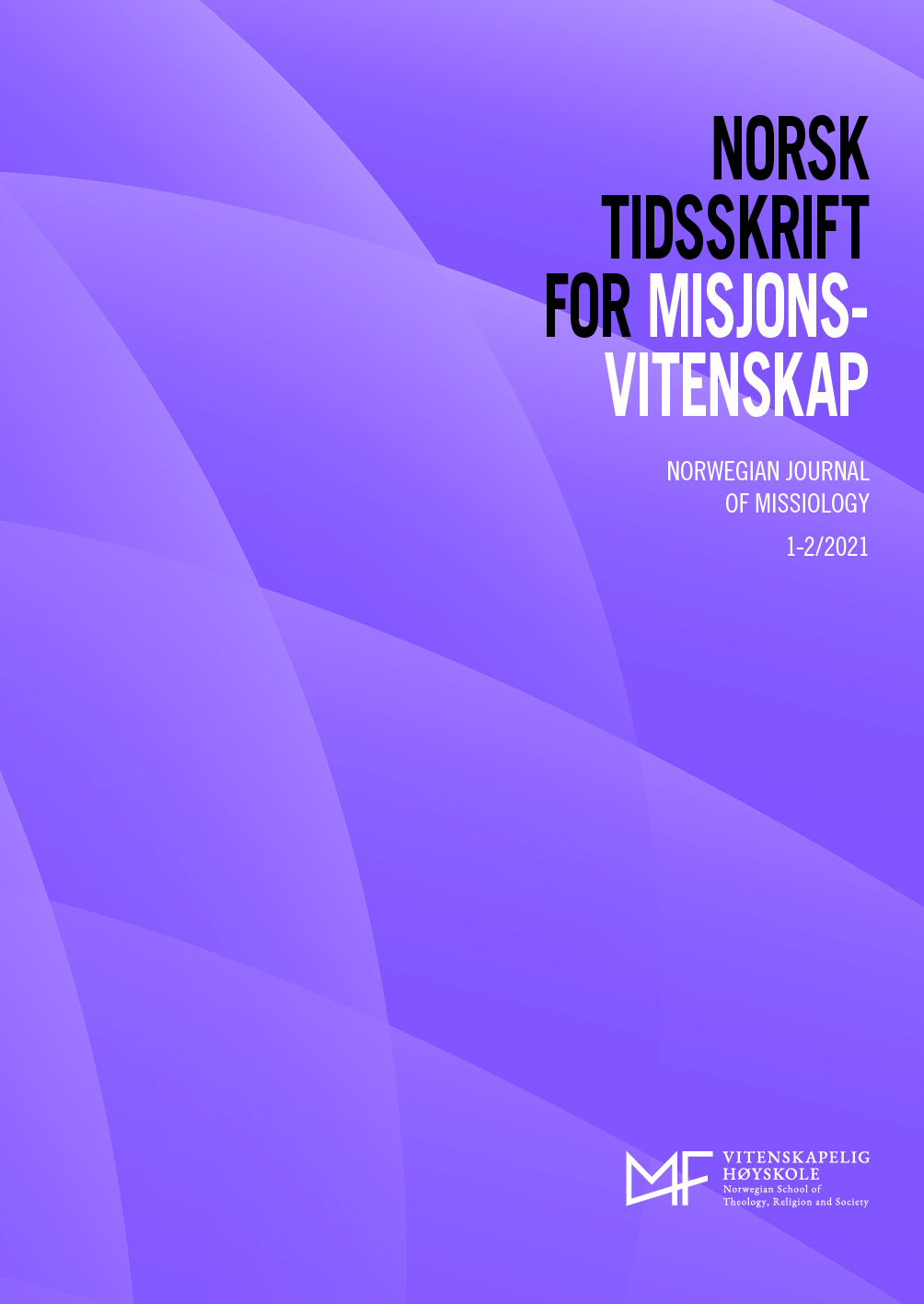«synge yndelig i vore Hierter for Herren»
Sangens betydning for Hans Nielsen Hauge og i haugebevegelsen
DOI:
https://doi.org/10.48626/ntm.v75i1-2.5422Resumé
Hans Nielsen Hauge started a religious revival which became the largest and most important one people in Norway had seen until then. This article considers the important role singing played in the Haugian movement and for Hauge himself. Hauge’s hymn book is of special interest given that roughly half of it is composed of hymns written by the pietistic poet Hans Adolph Brorson. This article also emphasizes Hauge’s role in introducing and spreading Brorson hymns in Norway, Hauge’s personal thoughts about singing, and the use and function of the singing by Hauge and those within the Haugian movement. The article concludes that Hauge and the Haugian movement was of great importance in dispersion of Brorson’s hymns and singing practice. Accompanied by folk melodies, the hymns were sung in tradition way of singing. Through Brorson and the forerunner of the pietist movement Johann Arndt, the tradition of Christian mysticism was carried on by Hauge to the people of his movement. The Hauge movement also influenced the way of singing and the function of the singing. The increased singing activity was of great importance not only for Hauge and the Haugian movement, but also for the following times up until this day.
Downloads
Metrik
Downloads
Publiceret
Nummer
Sektion
Licens
Copyright (c) 2021 Norwegian Journal of Missiology

Dette værk er under følgende licens Creative Commons Navngivelse – Ikke-kommerciel – Ingen Bearbejdede Værker (by-nc-nd).
Norsk Tidsskrift for Misjonsvitenskap er i dag et digitalt tidsskrift som er tilgjengelig gratis for alle. Artikler gjøres offentlig tilgjengelige med en såkaldt Creative Commons lisens CC BY-ND på tidsskriftets hjemmeside. Dette innebærer at alle står fritt til å gjenbruke artikkelen under forutsetning av at opphavspersonen blir navngitt.





